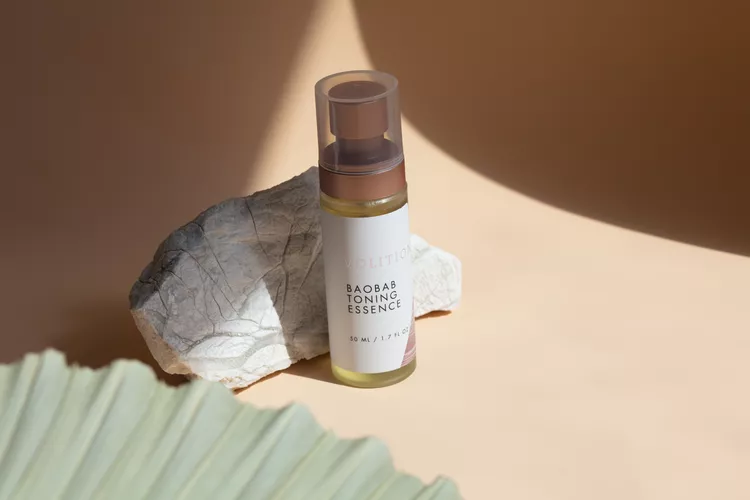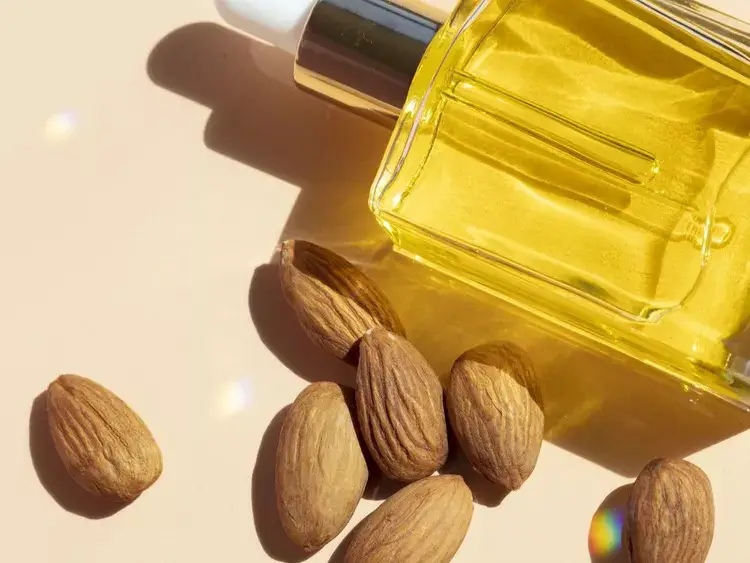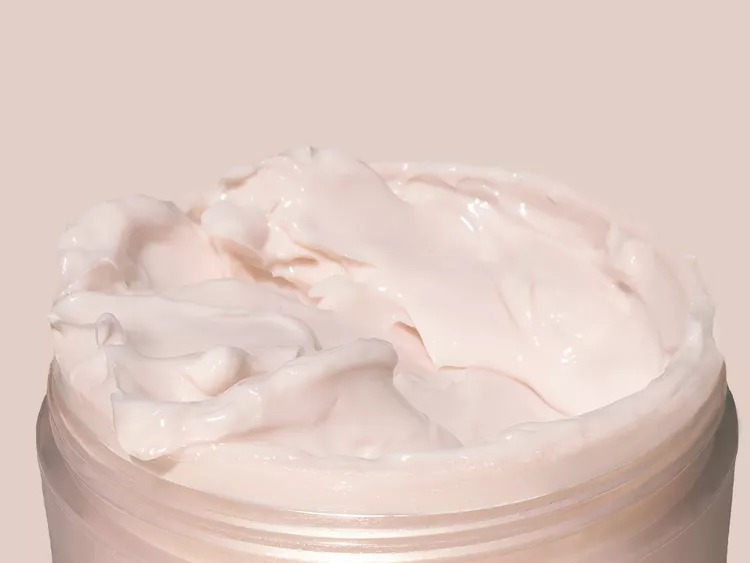While beauty trends often shift, many have roots in long-standing traditions, such as the use of baobab—a fashionable yet ancient ingredient. Known as the “tree of life,” the baobab tree is native to Africa and can live over 500 years. Its nickname is well-earned, as the fruit’s pulp, harvested from its pods and turned into powder, has been a sought-after component in health and beauty regimens for millennia.

The most notable advantage of baobab lies in its versatility. “You can blend the oil into your existing skincare products like moisturizers or use it on its own sparingly,” explains Zain Husain, MD, board-certified dermatologist and founder of New Jersey Dermatology & Aesthetics Center. He emphasizes that efficacy depends on the concentration, advising consumers to seek out products with a high percentage of baobab oil.
Read on to explore baobab’s remarkable benefits for hair, skin, and nails. Insights are shared by experts such as Zain Husain, Rajani Katta, MD, author of Glow: The Dermatologist’s Guide to a Whole Foods Younger Skin Diet; Rachel Ho, a cosmetic chemist and founder of Rho Cosmetics; and Tom Cole, Barbara Berger Maes, and Luc Maes, the founders of Kaibae.
What is Baobab?
Baobab has a myriad of benefits—as you’ll see below—but is most notable for its moisturizing properties. “Because Baobab is packed with vitamins B, C, and Omega 3s, when used for the face, it can help with dry, aging, and dull skin,” says Husain. “The oil form can help soothe eczema and dandruff as well, because it is moisturizing, but it does not replace medications for the conditions.”
Despite its popularity, we have very little scientific research on how baobab seed oil works for the skin, notes Katta. A small 2017 study found that baobab oil moisturizes and improves skin barrier function.1 “This study analyzed the chemical composition of the oil and found that the three major fatty acids in the oil were linoleic acid, oleic acid, and palmitic acid. In general, to have a good moisturizing ability, natural oils should have a higher proportion of linoleic acid than oleic acid, so the fact that this chemical study found a higher proportion of linoleic acid is very promising,” Katta adds. Although this study was very small (comprised of only 20 volunteers), the researchers did find that baobab seed oil was able to reduce water loss from the skin and helped improve moisture retention in the skin.
Benefits of Baobab
Lightens dark spots: Baobab offers so many potential benefits to the hair, skin, and nails due to the vitamins and minerals it contains. “Vitamin C is commonly found in baobab, which helps relieve the skin of dullness and can lighten dark spots,” notes Husain.
Boosts antioxidants: Believe it or not, baobab boasts some of the highest antioxidant content of all superfoods per serving.2 This, along with its ability to fight free radicals, makes it a perfect ingredient for aging skin.
Heals dry skin: Baobab’s moisturizing properties have been documented in scientific research.1 As a result, body oils and lotions formulated with baobab are the ideal addition to a skincare routine for those looking for a little added moisture. “The Baobab seeds, when pressed, produce a beautiful antioxidant-rich golden oil with omega-3, omega-6, and omega-9 fatty acids that aid in locking in moisture even for the driest skin,” Kaibae’s founders say.
Promotes a healthy skin barrier: “[Baobab] does contain skin friendly fatty acids such as omega 3, 6, 9 and a handful of vitamins,” notes Ho. “Due to its omega content, it’s considered a great ingredient for maintaining a healthy skin barrier.”
Increases collagen: Not only is baobab rich in antioxidants but it also has more vitamin C than most other fruits.2 This, paired with the oil’s omega fatty acid content, makes baobab a vital substance for radiant, youthful-looking skin.
Strengthens nails: One of the most impressive potential benefits of baobab is its ability to heal cracked and dry nails. This is because baobab contains high amounts of protein and calcium, both of which might aid in healing and maintaining strong, healthy nails.
Nourishes hair: With the exceptional moisturizing and collagen-producing properties of baobab, it should come as no surprise that healthy, silky hair is one of our favorite baobab benefits. Baobab oil itself is abundant in vitamin E and antioxidants, which means that it’s the perfect antidote for dry scalp and damaged hair. “Because baobab contains moisturizing components, such as Omega-3 fatty acids, using it in oil form for your hair can smooth out frizzy, dry hair,” says Husain.
Provides gentle cleansing: Like many natural oils (tea tree, jojoba, and sea buckthorn—to name a few), baobab oil is not only nourishing but cleansing as well. Gently massage the oil into damp skin and rinse thoroughly with warm water for a healthy, natural glow.
Side Effects
Baobab oil is incredibly gentle, and therefore has no known side effects. But if you’re just incorporating it into your routine, it’s best to start slowly, as with any new product. “As with any natural oil, be especially careful if you have a history of allergic reactions,” says Katta. “Although we don’t have much in the way of reports of allergy to this natural oil, for my patients with sensitive skin I always recommend testing a small amount of the oil on the forearm twice a day for seven days before using it more widely. “
How to Use It
Baobab oil can be used daily or at night but—thanks to its skin-brightening benefits—it’s a better product for use during the daytime. “For anti-aging and skin protection benefits, use it in the morning,” says Husain.




